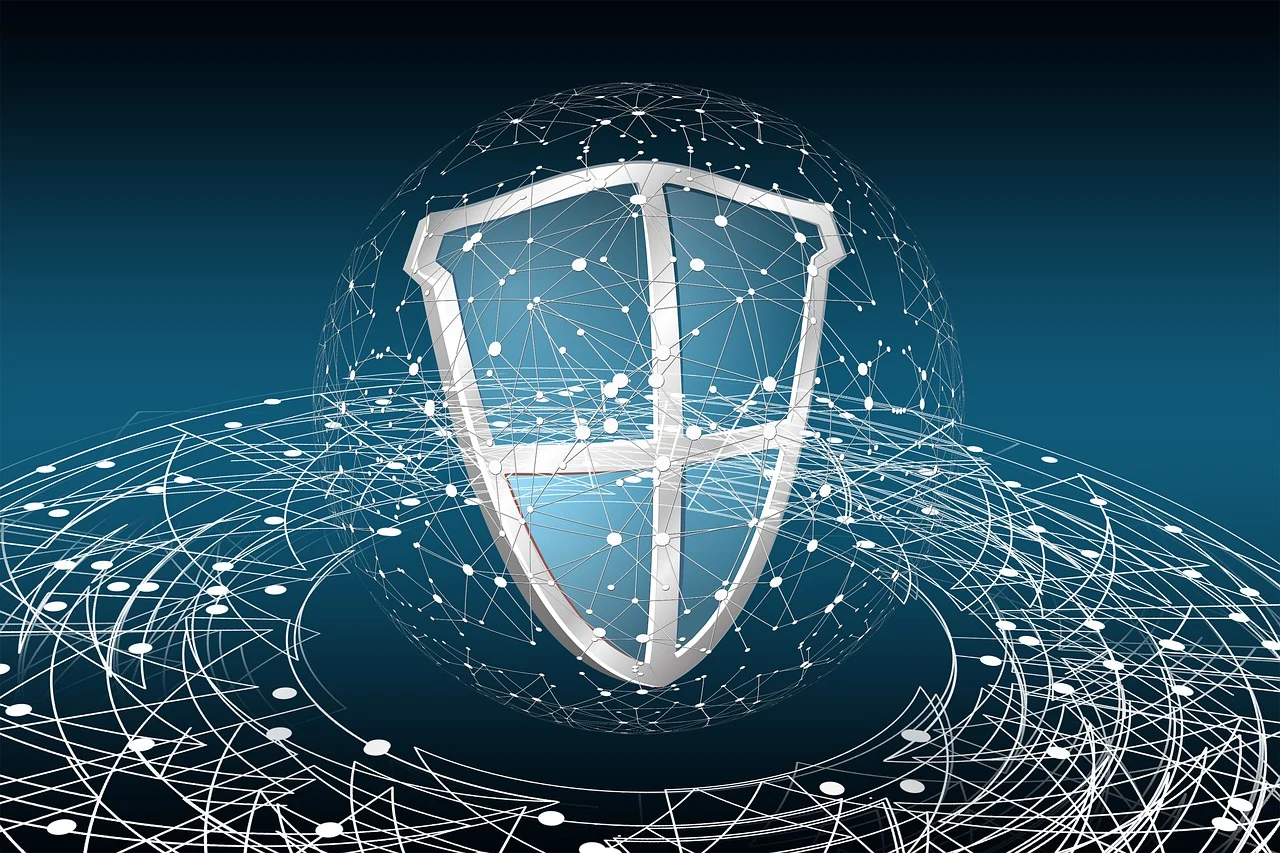Understanding Maritime Law and the Importance of Cybersecurity in the Maritime Industry
Chapter 1: Introduction to Maritime Law
Maritime law, also known as admiralty law, is a body of laws, conventions, and treaties that govern activities and issues related to the sea. It encompasses a wide range of legal matters, including commerce, navigation, and marine environmental protection. The principles and regulations of maritime law are essential for the smooth functioning of the maritime industry, ensuring safety, security, and legal compliance.

Key Principles and Regulations
Maritime law is based on several key principles, such as the principle of freedom of the seas, which allows vessels to navigate international waters without interference. Additionally, it includes regulations related to maritime commerce, maritime contracts, and liability for maritime accidents. Understanding these principles is crucial for all stakeholders in the maritime industry, including shipowners, operators, and crew members.
Impact on the Maritime Industry
The impact of maritime law on the industry is significant, as it provides a framework for resolving disputes, enforcing contracts, and ensuring the safety of maritime operations. Compliance with maritime law is essential for maintaining the integrity of maritime trade and transportation, as well as protecting the rights and interests of all parties involved.
Chapter 2: Cybersecurity in the Maritime Industry
In recent years, the maritime industry has become increasingly vulnerable to cyber threats, prompting the need for robust cybersecurity measures. The interconnected nature of maritime operations, including navigation systems, communication networks, and cargo management, makes it susceptible to cyber attacks. Understanding the importance of cybersecurity in the maritime industry is paramount for safeguarding against potential risks.
Importance of Cybersecurity in Maritime
Cybersecurity plays a critical role in ensuring the safety and security of maritime operations. It encompasses measures to protect maritime assets, data, and communication systems from unauthorized access, manipulation, and disruption. By implementing cybersecurity best practices, the industry can mitigate the impact of cyber threats and safeguard its critical infrastructure.

Common Cyber Threats in the Industry
The maritime industry faces various cyber threats, including malware attacks, phishing attempts, and ransomware incidents. These threats can compromise the integrity of maritime systems, leading to operational disruptions, financial losses, and potential safety hazards. Understanding the nature of these threats is essential for developing effective cybersecurity protocols and defense mechanisms.
Best Practices for Cybersecurity
Implementing robust cybersecurity measures is imperative for the maritime industry. Best practices include conducting regular risk assessments, implementing secure network protocols, and providing cybersecurity training for personnel. Additionally, establishing incident response plans and collaborating with cybersecurity experts can enhance the industry’s resilience against cyber threats.
Chapter 3: Compliance with Maritime Law and Cybersecurity Regulations
Ensuring legal adherence in the maritime industry requires a comprehensive understanding of compliance requirements related to both maritime law and cybersecurity regulations. Compliance efforts are essential for maintaining the industry’s integrity, protecting maritime assets, and upholding legal standards.
Understanding Compliance Requirements
Compliance with maritime law and cybersecurity regulations involves adhering to international conventions, national laws, and industry-specific standards. It encompasses aspects such as vessel safety, crew training, environmental protection, and data security. Navigating these requirements necessitates a proactive approach to legal compliance and regulatory adherence.
Implementing Cybersecurity Measures
The implementation of cybersecurity measures involves integrating security protocols, access controls, and threat detection mechanisms into maritime operations. This includes securing onboard systems, communication networks, and data storage facilities. By adopting a proactive cybersecurity stance, the industry can fortify its defenses against cyber threats and potential vulnerabilities.
Ensuring Legal Adherence in the Maritime Industry
Compliance with maritime law and cybersecurity regulations is a shared responsibility among all stakeholders in the maritime industry. Shipowners, operators, regulatory bodies, and industry associations play a crucial role in ensuring legal adherence and promoting a culture of compliance. By fostering collaboration and knowledge sharing, the industry can collectively address legal requirements and cybersecurity challenges.
An illustration image of a cyber attacker holding hook and trying to steal from the laptop of a man on suit putting on black eye glasses and using the internet.

Chapter 4: Future Trends and Challenges in Maritime Cybersecurity
The future of maritime cybersecurity presents both opportunities and challenges for the industry. As technology continues to advance, new trends and developments will shape the landscape of cybersecurity in maritime operations. Anticipating future trends and addressing emerging challenges is essential for maintaining a resilient and secure maritime environment.
In conclusion, understanding maritime law and the importance of cybersecurity in the maritime industry is essential for safeguarding the industry’s operations, assets, and legal compliance. By embracing cybersecurity best practices, complying with legal requirements, and preparing for future trends, the maritime industry can navigate the complexities of cybersecurity and uphold its commitment to safety and security.








